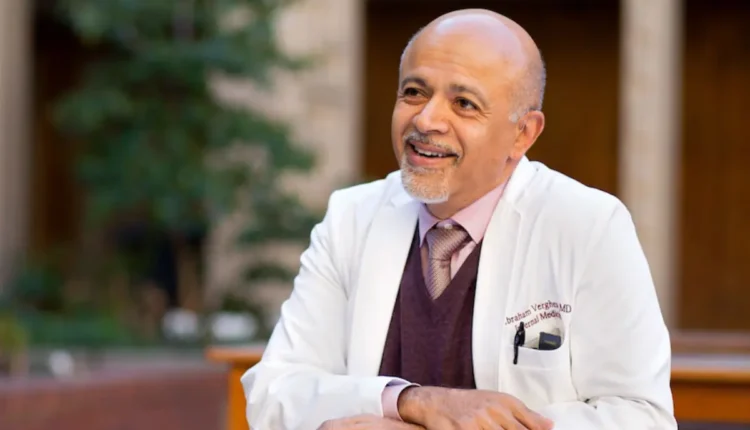Abraham Verghese’s journey begins in Ethiopia in 1955, where he was born to Indian parents of Orthodox Christian faith. Raised amidst political turmoil, Verghese’s formative years were marked by civil unrest, shaping his worldview and igniting a passion for healing and understanding.
Despite the challenges of his upbringing, Verghese pursued his medical education with unwavering determination. After commencing his studies in Ethiopia, he emigrated to America with his family, where he encountered a new set of obstacles. Undeterred, Verghese completed his medical degree at Madras Medical College, laying the foundation for his illustrious career ahead.
Early Career and Influences of Abraham Verghese
Verghese’s early experiences as an orderly in an American hospital proved pivotal in shaping his approach to medicine. Immersed in the daily realities of patient care, he developed a profound empathy for those he served, a sentiment that would become central to his ethos as a physician.
Following his internship, Verghese embarked on a journey that would take him from Tennessee to Boston, where he encountered the burgeoning HIV epidemic firsthand. These experiences not only deepened his understanding of infectious diseases but also fueled his desire to bridge the gap between medicine and empathy.
Literary Pursuits and Personal Challenges
Amidst the demands of his medical career, Abraham Verghese found solace in the written word. Enrolling in the Iowa Writers Workshop, he embarked on a transformative journey of self-discovery, culminating in the completion of a Master of Fine Arts degree in 1991.
Verghese’s literary endeavors were not without personal sacrifice. Amidst the strain of his work and personal life, including the dissolution of his first marriage, Abraham Verghese persevered, channeling his experiences into his writing. His memoirs, “My Own Country” and “The Tennis Partner,” offered poignant reflections on loss, friendship, and the complexities of the human condition.
Literary Legacy and Recognition
Verghese’s literary talents reached new heights with the publication of his debut novel, “Cutting for Stone.” Set against the backdrop of Ethiopia’s political turmoil, the novel captivated readers worldwide, earning critical acclaim and solidifying Verghese’s reputation as a master storyteller.
In addition to his literary accolades, Verghese’s contributions to medicine and medical education have been widely recognized. From founding The Center for Medical Humanities and Ethics to spearheading initiatives such as “The Stanford 25,” he has left an indelible mark on the field, championing the importance of empathy and human connection in healthcare.

